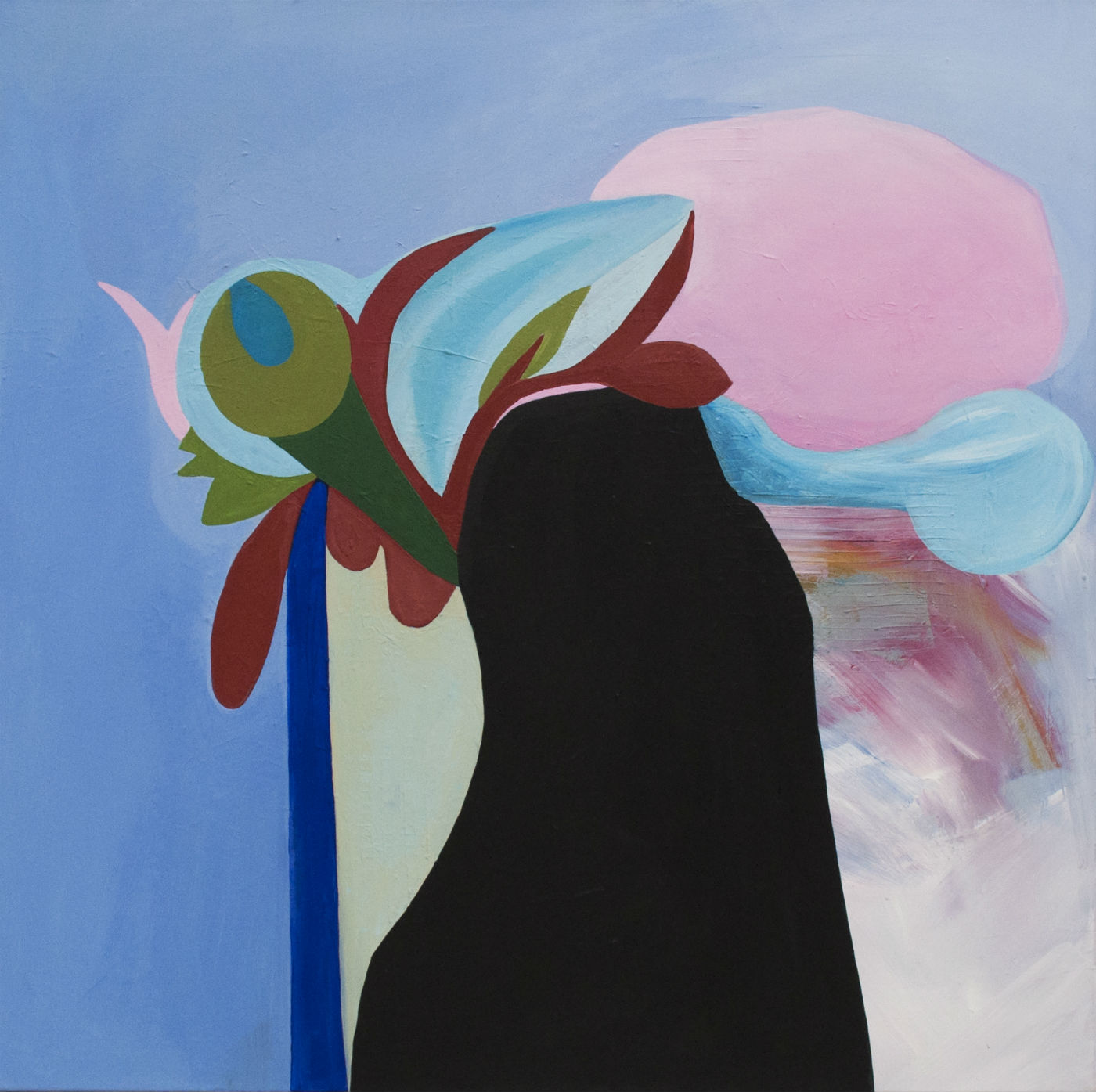Orfeas Apergis
The Net
When, in Chalándri, we were growing up, small kids, my mother used to shut me out of the house. She turned her key two times and her teeny fingers jingled behind the kitchen’s steamed-up window. I put my palms against the glass, my brow, my lips, the blurry air of my life, (mother why do you shut me out?) I beat in rhythm on the door, the aluminium frame creaked, our house was new by antiparoché, I could see no one in the kitchen. I felt the day behind me depart as evening fell it was the first days of March, the sun set around six. We played football among the blocks of flats, all of them new with enormous pilotis, Theodore was our best player, we chose two pillars for a goal post and mercilessly hit them until the ergolávos pink would crack and crumble. Our footprints left their mark, blurry stains on the plaster, formidable Mrs. Boufidou would start shouting that we were ruining the glass entrance, why don’t we play elsewhere? But it is here that Peggy and Iphigeneia see us, – we hit the wall until we’d pounded down the plaster’s rough relief. The sun had gone now, it was eight I would go back to the kitchen’s little window with stains all over my Stergioúdas shirt, those two hours were sufficient for mother to let me go back in. Of course I realised I had to play, had to make friends with children from the neighbourhood, because we had come to Chalándri just the year before, I had to –I was ten years old– learn how to play games in the afternoon and not sit shut inside, like in the Patissíon flat. Thus I too learnt to play. When we were growing up, small kids, my mother shut me out of the house. She turns the little key two times, mother, why do you shut me out?
From Y (Patakis, Athens, 2011), transl. by Panayotis Ioannidis
—
If, as Orfeas Apergis often seems to wish us believe, we take this poem as having a (partly, at least) autobiographical basis, we are in March 1984. By the beginning of that decade, the centre of Athens was heavily cramped and polluted; this led many middle-class families whose homes were traditionally in areas of the centre (like, for example, on the poem’s Patissíon Avenue) to start migrate to the north (e.g. to Chalándri) and south suburbs for cleaner air, more greenery, more space.
This move was often facilitated by a construction system that had first flourished during the country’s urban boom of the 1960’s: antiparoché. The land owner or the owner of a small house provided [parécho] the ergolávos (a much more complex figure than a simple building contractor) with the land or an old house to be pulled down, in return [antí-] for one or more flats in the newly built block. In the 1980's these would often sport aluminium instead of wooden door and window frames, and for reasons yet unexplained, salmon pink walls.
Iphigeneia, though not quite a common girl’s name, is hardly considered extravagant. Such Ancient Greek names came back in vogue in the 1980’s to supplant the two-syllable "American" ones (like Peggy) that were all the rage in the 1960’s and 70’s. Triantáfyllos (shortened to Lákis) Stergioúdas was a famous goalkeeper born in 1955, who retired in 1986.
This is the second und.Poetry poem on the modern Greek family, the first being Marios Chatziprokopiou’s “Luna de miel” that we published in February. The Greek family has achieved a somewhat notorious international visibility through Greek “Weird Wave” cinema. But for poets, a “family” obviously resonates with links to poetic progenitors as well. Orfeas Apergis's “Net” clearly cannot simply refer to the goal post net, not present in the poem, but more likely to other nets and webs of various kinds.
Orfeas Apergis (Athens, 1974) is a poet, essayist and performer. He has worked variously as a hospital doctor, army doctor, real estate agent, political consultant, classical singer, but mainly as a school teacher in Athens. He has been publishing poems and essays in Greek literary journals and newspapers since 2006. His collected poems appeared in 2011, under the title Y. It is as if, in this book, Apergis, through a quite astonishing range of themes (personal, literary, even ‘national’), attempts to recapitulate and re-interpret the entire Greek poetic canon, while stamping it with his own style. His agility in different registers and forms, and his linguistic inventiveness are coupled to a rare erudition, which playfulness and his unusual talent elevate above scholarly barrenness to aim it directly at his readers’ enjoyment.
A second volume of poetry, Their tongue, has just been published (Nefeli, Athens, 2019); here, again, the personal and the historical intertwine in a flowing style that, though masterly, does not clamour for attention to itself.
Apergis has translated Byron, Brontë, Browning, MacNeice, Larkin, Hill, Muldoon, W.C. Williams, E. Bishop and Robert Duncan, among others. In 2013, he was poet-in-residence at King’s College, London, and visiting poet at the University of Barcelona. His poetry has been included in T. Chiotis’ (ed.) anthology Futures: Poetry of the Greek Crisis (Penned in the Margins, London, 2015); N. Karagiannis’ (ed.) La Busqueda del Sur (Animal Sospechoso, Barcelona, 2016); and M. Topali’s (ed.) Dichtung mit Biss (Romiosini, Berlin, 2018). He has also been translated into Swedish and French.
More poems by O.A. in English:
http://www.greekpoetrynow.com/poet_poems_eng/apergis_poems.html
https://apoetsagora.com/orfeas-apergis/

Maria Papadimitriou, Pink, 2019. Acrylic on canvas. 100 x 100 cm. Courtesy of Dio Horia Gallery. Part of the group exhibition Beautiful at Parnassos Literary Society.
